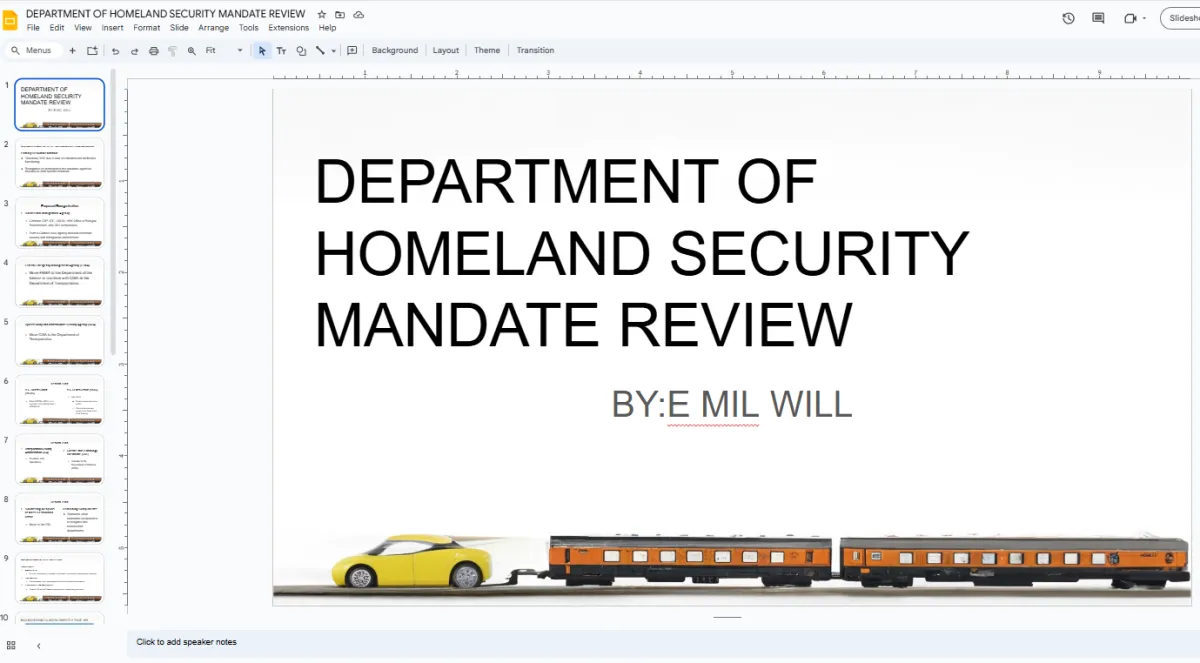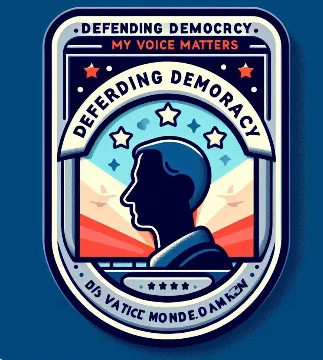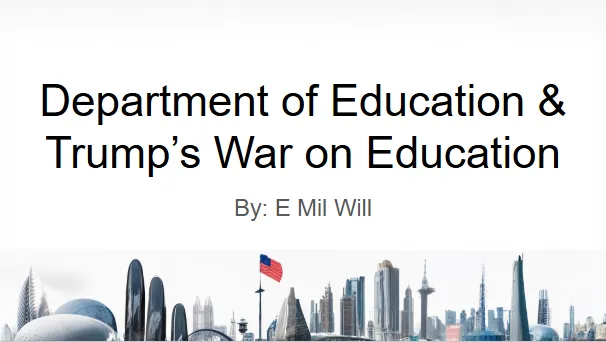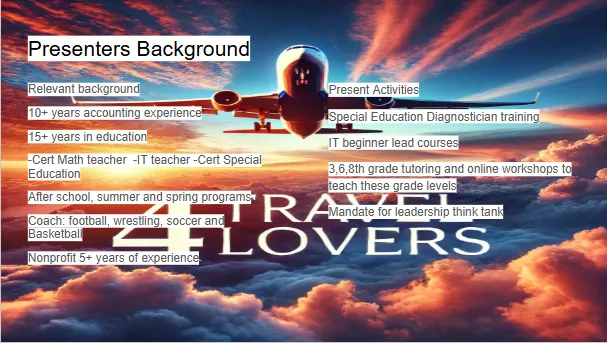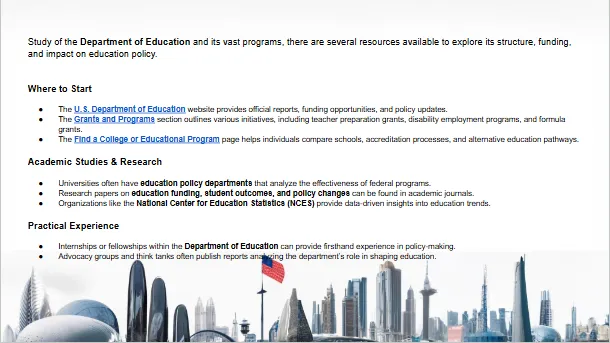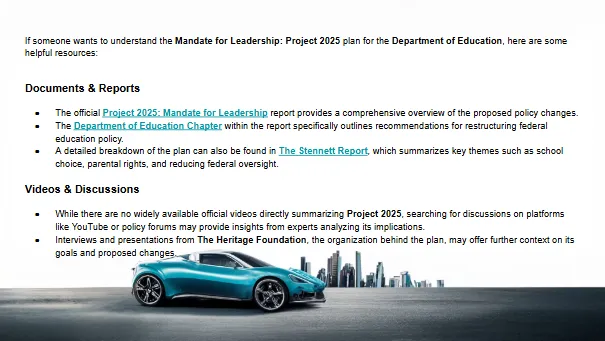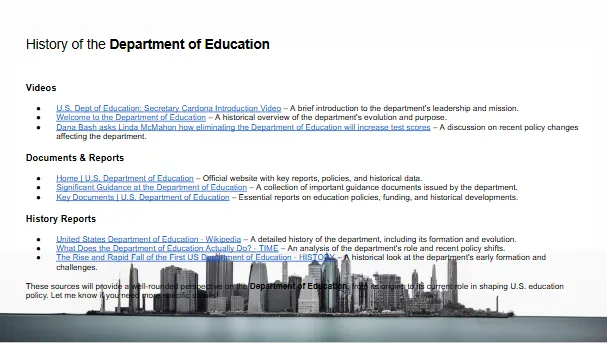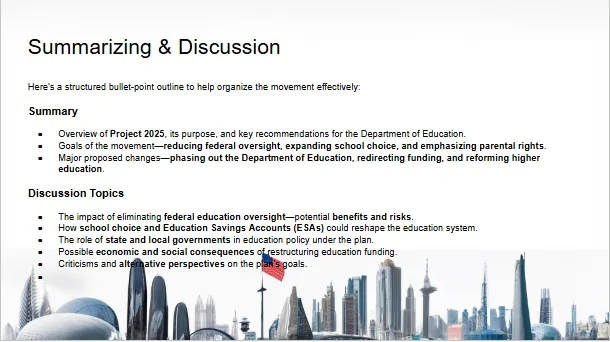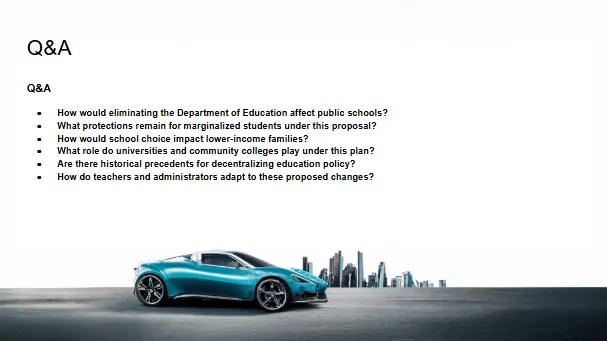UNDERSTANDING THE CONSERVATIVE PROMISE: MANDATE FOR LEADERSHIP
Project 2025 Watch
EXECUTIVE BRANCH
VS
CONSTITUTION
Chapter 5:
COMMON DEFENSE
DEPARTMENT OF HOMELAND SECURITY
Review
Reading Mandate with Summary
Summary of Department of Homeland Security (DHS) Recommendations:
Primary Recommendation:
The primary recommendation is to dismantle DHS due to its lack of cohesion and failure to function as a unified department. Instead, its various components should be reorganized into separate agencies that focus more effectively on their respective missions.
Proposed Reorganization:
1. Border and Immigration Agency: Combine U.S. Customs and Border Protection (CBP), Immigration and Customs Enforcement (ICE), U.S. Citizenship and Immigration Services (USCIS), the Health and Human Services (HHS) Office of Refugee Resettlement, and the Department of Justice (DOJ) components into a single Cabinet-level agency focused on border security and immigration enforcement.
2. Cybersecurity and Infrastructure Security Agency (CISA): Move CISA to the Department of Transportation.
3. Federal Emergency Management Agency (FEMA): Move FEMA to the Department of the Interior or combine it with CISA in the Department of Transportation.
4. U.S. Coast Guard (USCG): Move USCG to DOJ or, in wartime, to the Department of Defense (DOD).
5. U.S. Secret Service (USSS): Split into two: protective services moved to DOJ, and financial enforcement moved to the Department of the Treasury.
6. Transportation Security Administration (TSA): Privatize TSA operations.
7. Science and Technology Directorate (S&T): Transfer to DOD.
8. Countering Weapons of Mass Destruction Office: Move to the FBI.
9. Remaining Components: Dismantle other components as their functions are redundant or covered by the newly restructured departments.
Chapter 5: COMMON DEFENSE
DEPARTMENT OF HOMELAND SECURITY
Review
PAGE 133-170
AUTHOR: Ken Cuccinelli
AUTHOR BACKGROUND CHECK:
Ken Cuccinelli is a prominent conservative figure whose career has significantly influenced U.S. immigration and homeland security policies. He served as the Attorney General of Virginia from 2010 to 2014, where he was the first to file a federal lawsuit challenging the Affordable Care Act. Cuccinelli also held positions as the Acting Director of U.S. Citizenship and Immigration Services and the Acting Deputy Secretary of Homeland Security during the Trump administration, playing a key role in implementing stringent immigration policies. In 2023, he contributed to the Heritage Foundation's Project 2025 by authoring the Department of Homeland Security chapter in the "Mandate for Leadership," advocating for significant restructuring of the department, including proposals to eliminate FEMA and overhaul immigration enforcement strategies. Currently, Cuccinelli serves as the Senior Fellow for Immigration and Homeland Security at the Center for Renewing America, where he continues to influence conservative policy discussions. His positions reflect a commitment to hardline immigration policies and a vision of a more centralized executive authority in federal governance.
Goals of Reform:
Mission Focus: Prioritize border security, immigration enforcement, cybersecurity, and emergency response.
Cost Reduction: Cut unnecessary costs, reduce government size, and streamline operations.
Privatization & State Responsibility: Privatize TSA and shift more disaster response costs to state and local governments.

DHS Mission Statement:
DHS was created after the 9/11 attacks with the goal of preventing terrorism, securing the border, enforcing immigration laws, and preparing for disasters. However, its mission has become muddled, and the department has grown bureaucratic and expensive, with some components being used for political purposes.
Specific Reform Measures:
1. Political Appointees: The DHS Secretary should have a dedicated team of political appointees to support the administration's agenda.
2. Senate-Confirmed Positions: Simplify the confirmation process for key leadership roles to ensure swift appointments.
3. Line of Succession: Establish a clear and effective line of succession for decision-making.
4. Closing Ineffective Offices: Use discretionary authority to close down ineffective offices and redistribute resources.
5. Grant Compliance: Ensure that FEMA’s grant programs are distributed only to eligible, lawful recipients who comply with immigration laws and E-Verify.
6. Guest Worker Visas: Stop using discretionary authority to increase the number of H-2B visas or create regulations favoring certain foreign nationals.
Specific Agency Recommendations:
CBP: Consolidate ICE and CBP into a new Border Security and Immigration Agency (BSIA) to improve coordination and efficiency in securing the border and enforcing immigration laws.
Use of CBP Aviation Assets: Allow CBP executives to use the agency’s aviation assets for official travel to improve efficiency and oversight.
Border Patrol and OAM: Combine Border Patrol and Office of Air and Marine (OAM) to streamline operations.
Horseback Border Patrol: Expand the use of horseback-mounted Border Patrol agents and clear false accusations made against CBP personnel.
The overall aim of these reforms is to reduce bureaucracy, prioritize mission-critical functions, and strengthen national security by improving border control, immigration enforcement, and disaster response.
The Mandate for Leadership: The Conservative Promise advocates for comprehensive reforms across U.S. immigration enforcement agencies—primarily CBP, ICE, and USCIS—to strengthen national security, streamline operations, and close loopholes in immigration policy.
1. CBP and ICE Integration: Combining CBP’s Office of Operations (OFO) with the Office of Technology (OT) would enhance efficiency and leverage OFO’s resources. CBP should only issue Notices to Appear (NTA) in limited humanitarian cases, while ICE should handle most removals. A unified, nationwide detention standard is recommended to eliminate inconsistent local rules.
2. Funding and Personnel Needs: Increased funding for CBP to address rising costs related to temporary facilities and illegal migration processing is critical. It’s suggested that Border Patrol (BP) personnel be expanded to reduce the administrative burden on uniformed agents. Additionally, technological upgrades at Ports of Entry (POEs) are necessary to combat smuggling.
3. ICE Reforms: ICE should refocus on its core mission by ceasing actions like closing pending immigration cases and ignoring criminal aliens flagged by the 287(g) program. The agency should also reconsider certain visa programs and overhaul detention and bond policies. The integration of ICE, CBP, and USCIS would streamline operations and improve cooperation.
4. USCIS Reform: USCIS has deviated from its mission of screening and vetting immigrants, with policy shifts that prioritize asylum eligibility and undermine national security. The agency should refocus on vetting, fraud detection, and enforcement, and strengthen its internal structures. There is also a push to reframe USCIS’s role, emphasize national security, and restore its vetting focus. Efforts should include a merit-based immigration system and better management of temporary work visas.
5. Legislative Changes: To address the current border crisis, legislative changes are recommended, such as:
Title 42 authority to expel illegal aliens under certain conditions.
Funding for border wall systems, technology, and POE infrastructure.
Repealing or amending the William Wilberforce Trafficking Victims Protection Reauthorization Act of 2008 (TVPRA) to prevent human trafficking involving unaccompanied minors.
Reforming asylum standards to tighten eligibility and end the Flores Settlement Agreement’s limitations.
The overarching theme of the proposal is to prioritize national security, control immigration, and ensure the enforcement of immigration laws through structural changes, legal reforms, and enhanced agency cooperation.
Understanding what this part of the Mandate means to you?
Summary of Key Points on Border and Immigration Reform (Department of Homeland Security)
Parole Reform
End abuse of parole and limit its use to extraordinary cases.
NGOs and Processing: Redirect funds away from NGOs processing illegal immigrants, focusing resources on border security, detention, and immigration court facilities.
Other Pathways for Border Crossers
Update legal frameworks for Remain in Mexico and Asylum Cooperative Agreements.
Expand expedited asylum processes like PACR and HARP.
Employment Authorization
Tighten control over employment authorization, limiting it to specific categories.
Permanently mandate E-Verify for employers.
Infrastructure Security Agency):
Scope Narrowing: Limit CISA’s role to protecting federal networks and coordinating critical infrastructure security. Transfer non-essential roles (e.g., school security) to other agencies.
End Misinformation Censorship: Stop CISA’s involvement in misinformation and disinformation efforts, as this is seen as unconstitutional.
Election Security: Limit CISA’s involvement to helping states with cybersecurity hygiene for elections, without engaging in messaging or propaganda.
U.S. Coast Guard (USCG):
Mission Focus: Concentrate the USCG’s efforts on protecting U.S. waters and addressing threats from China’s fishing fleet and narcotics flows.
Shipbuilding and Budget: Increase funding for essential shipbuilding and facilities, especially in the Pacific and Arctic regions.
Personnel: Focus recruitment on talent without prioritizing diversity and wokeness. Re-vet personnel dismissed due to COVID-19 vaccine refusal.
U.S. Secret Service (USSS):
Dual-Mission Reassessment: Shift USSS’s focus back to its primary protective mission by transferring its financial crime investigations to other agencies (e.g., Department of Justice, Department of Treasury).
Agency Restructuring: Close field offices unrelated to protection duties and transfer agents to Immigration and Customs Enforcement (ICE) for support in threat management.
These proposals aim to streamline operations, refocus agency missions, eliminate waste, and better align resources with national priorities.
The section outlines proposed reforms for various U.S. Department of Homeland Security (DHS) components, focusing on streamlining operations, improving accountability, and enhancing efficiency.
U.S. Secret Service (USSS):
USSS should focus solely on its protective mission, eliminating its financial crimes investigations except those tied to illegal immigration.
It should transfer non-protective investigations to other agencies and increase transparency, such as maintaining visitor logs for facilities where the President resides.
Budget cuts would result from closing redundant offices and improving recruitment focused on protection. USSS agents should be trained and motivated for long-term careers in protection.
The Uniform Division should be expanded and empowered to enforce laws in the broader D.C. area to boost morale.
Transportation Security Administration (TSA):
TSA’s operations should be privatized, either through an expanded Screening Partnership Program or a Canadian-style system, reducing costs and improving service.
TSA's workforce should be de-unionized to streamline operations and enhance security.
Management Directorate (MGMT):
MGMT has overlapping responsibilities with other DHS components, leading to inefficiencies. Structural and procedural changes are needed, with a focus on reducing red tape, improving procurement processes, and ensuring effective management of the department’s resources.
Federal Protective Service (FPS) should report directly to the DHS Secretary rather than through MGMT to ensure better coordination during crises.
Office of Strategy, Policy, and Plans (PLCY):
PLCY should assess and improve DHS's approach to domestic terrorism and speech censorship, ensuring all actions align with constitutional rights.
The office should also streamline reporting requirements and focus on consistent granting decisions across the department.
Office of Intelligence and Analysis (I&A):
The I&A should be eliminated due to its redundancy and misuse for domestic political purposes. Other agencies, like the FBI and NSA, already provide sufficient intelligence products, and cybersecurity should be managed by the Cybersecurity and Infrastructure Security Agency.
These reforms aim to reduce bureaucracy, improve efficiency, and refocus the missions of key agencies within DHS, ensuring better alignment with constitutional principles and national security priorities.
IF YOU ARE ANGRY, USE IT IN A CONSTRUCTIVE WAY AND NOT A SELFHARM WAY... THOSE WHO BUILT PROJECT 1978 AKA PROJECT 2025 WAS ANGRY... USE IT SO WE CAN PREVENT ANOTHER 2025... GET ACTIVE!!!!!!!
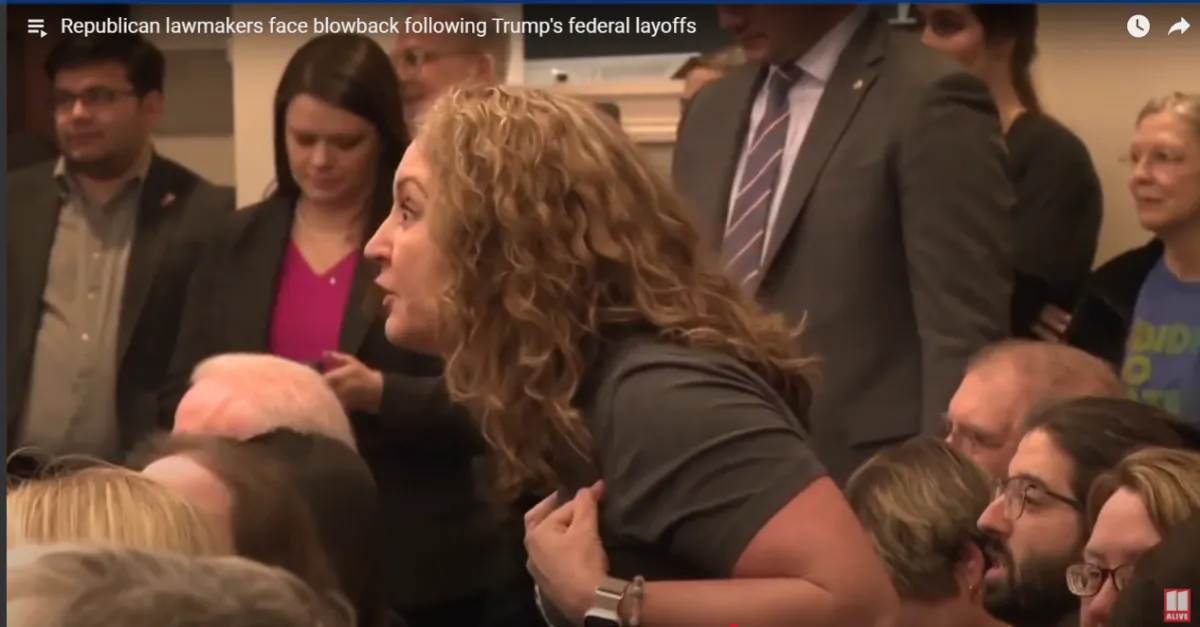
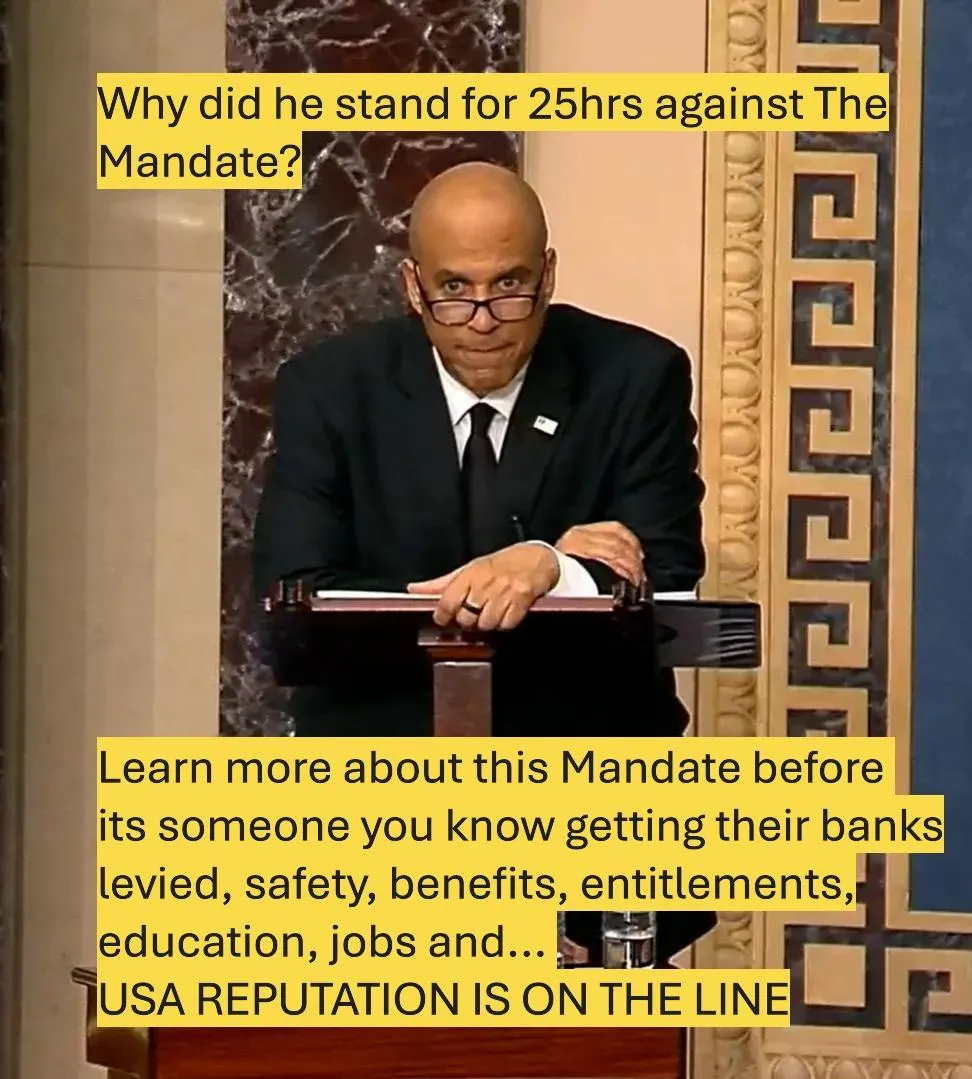
Here is a comprehensive table summarizing all the data from your full input regarding the Executive Office of the President as outlined in Mandate for Leadership: The Conservative Promise. It expands on each office/agency discussed, organized by Office, Key Roles/Functions, Recommendations, and Policy Goals:

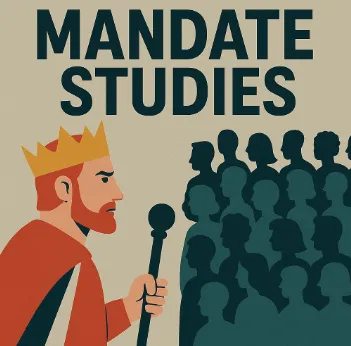
Understanding How the Mandate Effects Our Government by Sections of the Mandate
The following is a breakdown of the 900+ pages in a deeper breakdown of the authors, the standards, diagnosing the reforms, deep understanding of what our tax payer dollars provide and a deeper understanding of the deep Right. We do not have a deep Left issue, we have a issue with those who are lacking credibility with plans that are outlined in black and white. Instead of just living through the next 4 years, learn from America's Mistake for allowing nepotism to override political career morally sound individuals to decide people's fate versus those who are born of privilege. In these library of collective thoughts please feel free to join the movement...
Monitoring the Mandate by diving into the authors, contributors and current implementation of the project 2025 mandate created in 1978 first ran by Ronald Raegan with the Heritage Foundation.
Understanding the fundamentals of the Mandate by diving into the theories, philosophies and breakdowns from the section "Taking the Reins of Government" with break downs from
Understanding the fundamentals of the Mandate by diving into the theories, philosophies and breakdowns from the section "The Common Defense" with break downs from:
Understanding the fundamentals of the Mandate by diving into the theories, philosophies and breakdowns from the section "The General Welfare" with break downs from:
Understanding the fundamentals of the Mandate by diving into the theories, philosophies and breakdowns from the section "The Economy" with break downs from:
Understanding the fundamentals of the Mandate by diving into the theories, philosophies and breakdowns from the section "Independent Regulatory Agencies" with break downs from:
Understanding the fundamentals of the Mandate by diving into the theories, philosophies and breakdowns from the section "Onward" with break down and final thoughts on project 2025:
Understanding the Mandate , What it means to you and how can we grow from learning it.

Stand up for US Department of Education Against Project 2025 Mandates
The future of education is at a crossroads, and the Department of Education plays a vital role in ensuring access to quality learning opportunities for all. However, proposed policies threaten to dismantle essential programs, impacting students, teachers, and communities nationwide. By joining together, we can advocate for a strong, well-supported education system that prioritizes inclusivity, innovation, and success. Whether through raising awareness, participating in discussions, or pushing for informed policies, every effort counts in safeguarding the integrity of public education.
This is a call to action for educators, advocates, and concerned citizens to come together and make a difference. Through collective knowledge and active engagement, we can challenge harmful reforms and champion initiatives that strengthen the Department of Education. The upcoming virtual workshop on April 21-23 will provide key insights into these urgent matters, equipping participants with the tools to take action. Let’s stand for the future of education—because protecting learning today ensures a brighter tomorrow for all. Join us in this mission and help drive meaningful change!
Power Point For 3 Day Workshop 6pm-8pm April 21-23, 2025
Understanding the Mandate Which Touches the Following
The following is a breakdown of the 900+ pages in a deeper breakdown of the authors, the standards, diagnosing the reforms, deep understanding of what our tax payer dollars provide and a deeper understanding of the deep Right. We do not have a deep Left issue, we have a issue with those who are lacking credibility with plans that are outlined in black and white. Instead of just living through the next 4 years, learn from America's Mistake for allowing nepotism to override political career morally sound individuals to decide people's fate versus those who are born of privilege. In these library of collective thoughts please feel free to join the movement...
Executive overreach redefining the Constitution and it's relationship with the other branches
The Common Defense Outlining the Agency Roles
US Press
International Press
The Economy Outlines the Roles
Case for Fair Trade
Case For Free Trade
The Independent Regulatory Agencies Outlines the Roles For Agencies
The propose for this Summary is in an attempt to allow others to understand that this mission statement known as the Mandate is different than just a political movement. This movement purpose is not meant to help those who it claims to and we would argue that their Mandate has and will do damage to our world. This has been a journey of exploration, interesting, hypocritical, short sighted and often times cruel in nature.
Small Call to Action Headline
Small Call to Action Headline

Website Development
Custom Website DesignResponsive Web DevelopmentUser Experience (UX) DesignE-commerce Website DevelopmentContent Management System (CMS) Integration

Dev Development
Full-Stack DevelopmentFrontend DevelopmentBackend DevelopmentAPI Development and IntegrationDatabase Design and Management

Scrum Master Services
Agile Project ManagementScrum Master ConsultationSprint Planning and ExecutionTeam Collaboration and CoordinationContinuous Improvement Strategies
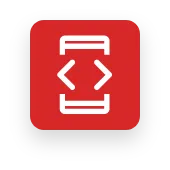
Mobile App Design
iOS App Development
Android App Development
Cross-Platform App Development
Mobile App UI/UX Design
App Maintenance and Support
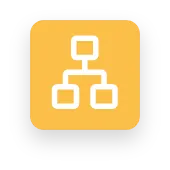
Online Marketing
Search Engine Optimization (SEO)Social Media MarketingContent MarketingEmail MarketingPay-Per-Click (PPC) Advertising

Drone Services
Aerial Photography and VideographyDrone Mapping and SurveyingInspection and Monitoring ServicesGIS (Geographic Information System) IntegrationCustom Drone Software Development
“ eMillion Concepts. eMillion People. eMillion Solutions.”
© 2024 E-Millions Consulting Services - All Rights Reserved,
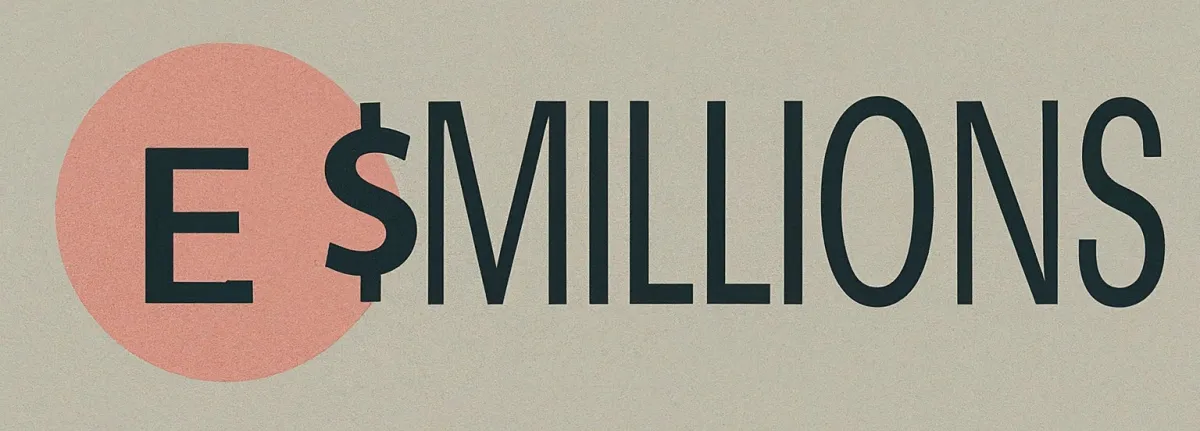
etechmilli@gmail.com
(404) 723-3940
© 2026 Company Name - All Rights Reserved, consectetur adipiscing elit. Maecenas commodo suscipit tortor, vel tristique sapien
